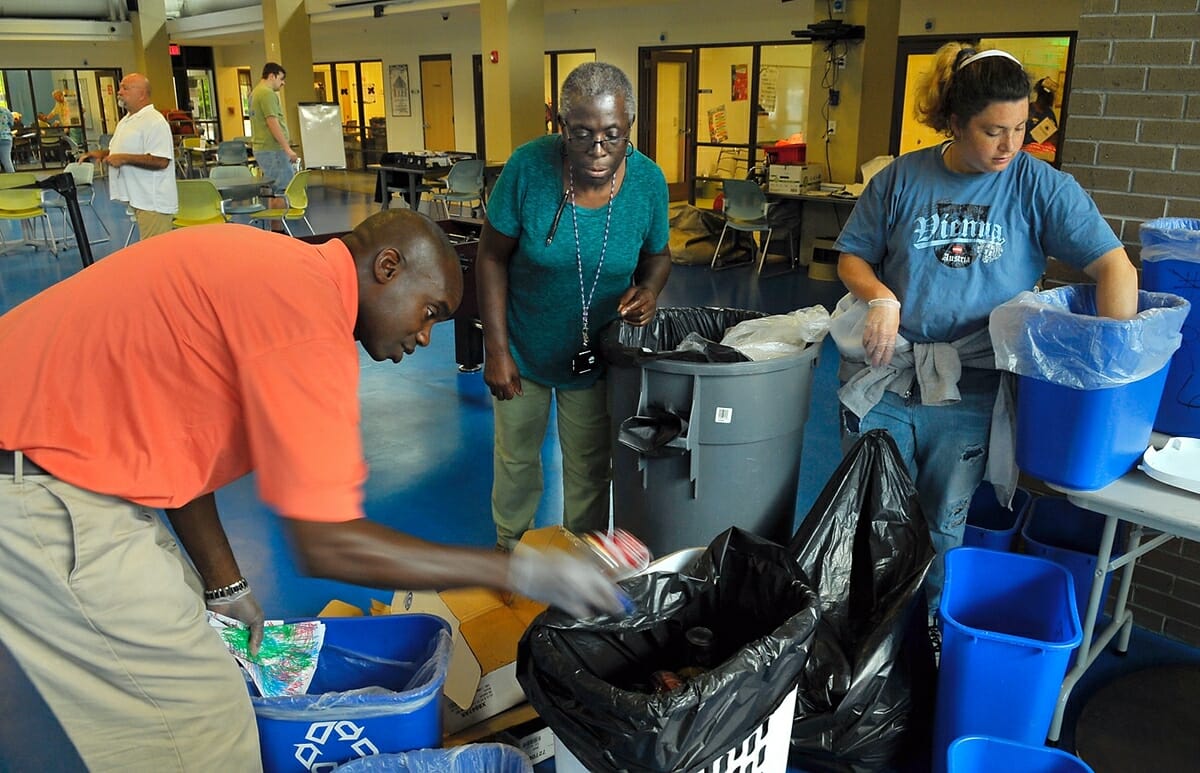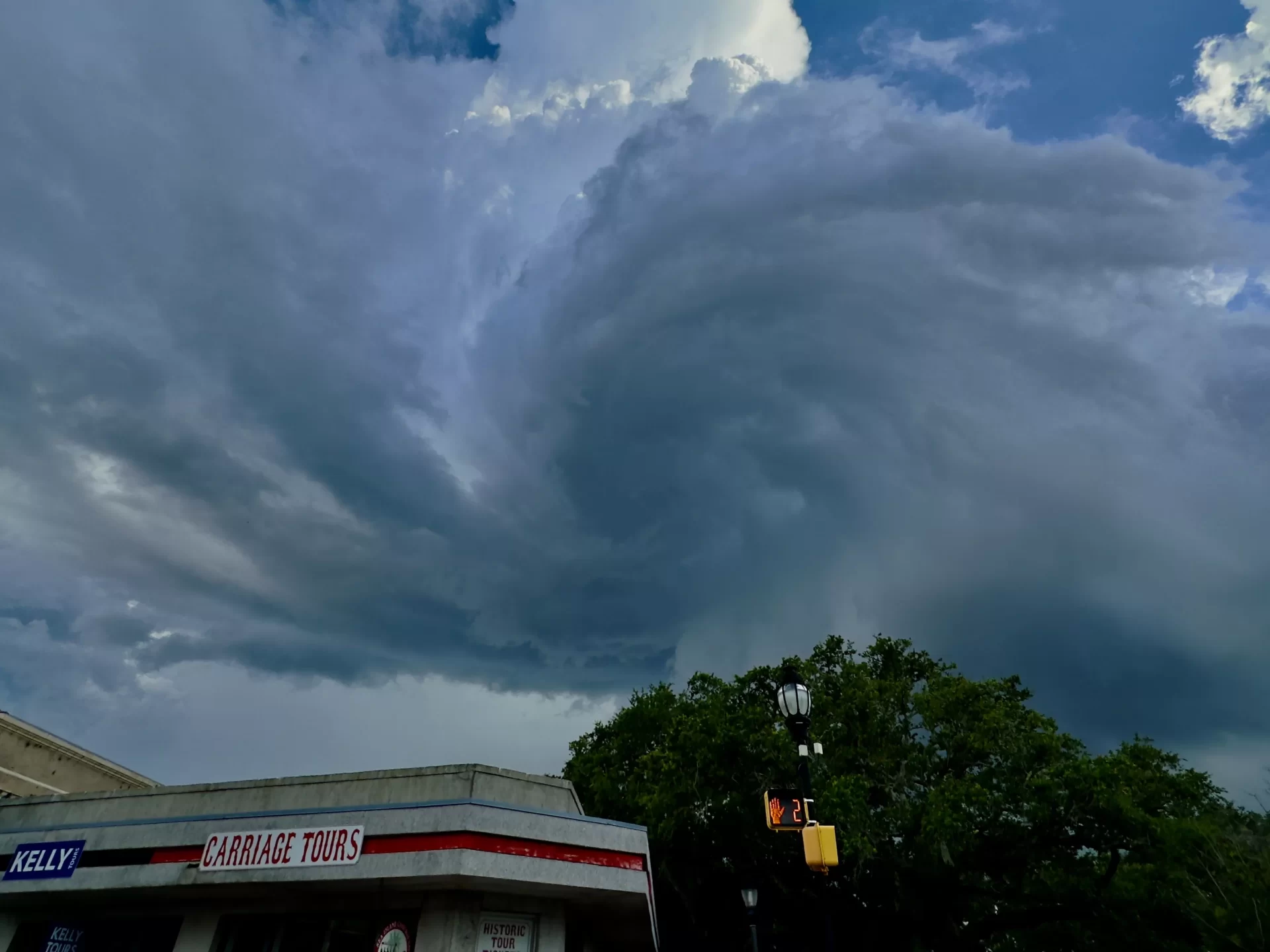Some samples of mosquitoes trapped in Beaufort County have tested positive for West Nile virus, according to the South Carolina Department of Health and Environmental Control (DHEC).
“Identifying mosquitoes carrying West Nile virus in our state is not uncommon,” said Chris Evans, DHEC’s staff entomologist. “A positive identification should serve as a reminder of the importance of preventing mosquito bites. It’s the most important step you can take to prevent the spread of illness from mosquitoes to humans.
“The mosquito carrying this virus is usually active at night, but can also be active at dusk and dawn and in shady areas during the day,” Evans said. “As the state’s public health agency, we partner with jurisdictions across the state to help trap and identify mosquitoes carrying diseases that can be spread to humans.
“The virus actually starts with a bird. It spreads when a mosquito bites a bird that has the virus in their blood. The mosquito then can spread the virus to other birds, animals or people, when it bites during feeding.”
“We have strategically applied public health insecticides in Beaufort County” said Gregg Hunt, Beaufort County Mosquito Control director. “Our trucks operate during nighttime hours when these mosquito species are most active. The insecticide that we use is very effective, and was selected because it should have a quick knockdown.”
“Most people infected with West Nile virus have no symptoms,” said Linda Bell, state epidemiologist. “The risk of serious illness such as encephalitis, a potentially fatal inflammation of the brain, occurs in less than 1 percent of people infected.”
According to the Centers for Disease Control and Prevention, symptoms of West Nile virus include the following:
• No symptoms in most people. Most people (70-80 percent) who become infected with West Nile virus do not develop any symptoms.
• Febrile illness in some people. About one in five people who are infected will develop a fever with other symptoms such as headache, body aches, joint pains, vomiting, diarrhea or rash. Most people with this type of West Nile virus disease recover completely, but fatigue and weakness can last for weeks or months.
• Severe symptoms in a few people. Less than 1 percent of people who are infected will develop a serious neurologic illness such as encephalitis or meningitis (inflammation of the brain or surrounding tissues). The symptoms of neurologic illness can include headache, high fever, neck stiffness, disorientation, coma, tremors, seizures or paralysis.
“If you have concerns about the virus or develop symptoms, you should contact your healthcare provider,” Bell said.
DHEC was notified June 23 of the virus-positive mosquitoes taken from the Beaufort County area.
“There have been no confirmed transmissions of West Nile virus to humans here in Beaufort County or South Carolina this year,” said R. Taylor Lee, Low Country Regional Health director. “We will continue to monitor going forward.”
Officials emphasized that the public plays a vital role in controlling the spread of all mosquito-borne diseases.
“Mosquito control workers can’t do it alone,” Hunt said. “We need residents to help.”
Dead birds can help DHEC and local partners track West Nile virus. Residents can report the finding of dead birds to DHEC.
Visit www.scdhec.gov/HomeAndEnvironment/ReportIt/ReportDeadBirds.
For more information about preventing mosquito bites and the spread of West Nile virus and other mosquito-borne illnesses, go to www.scdhec.gov/mosquitoes.







